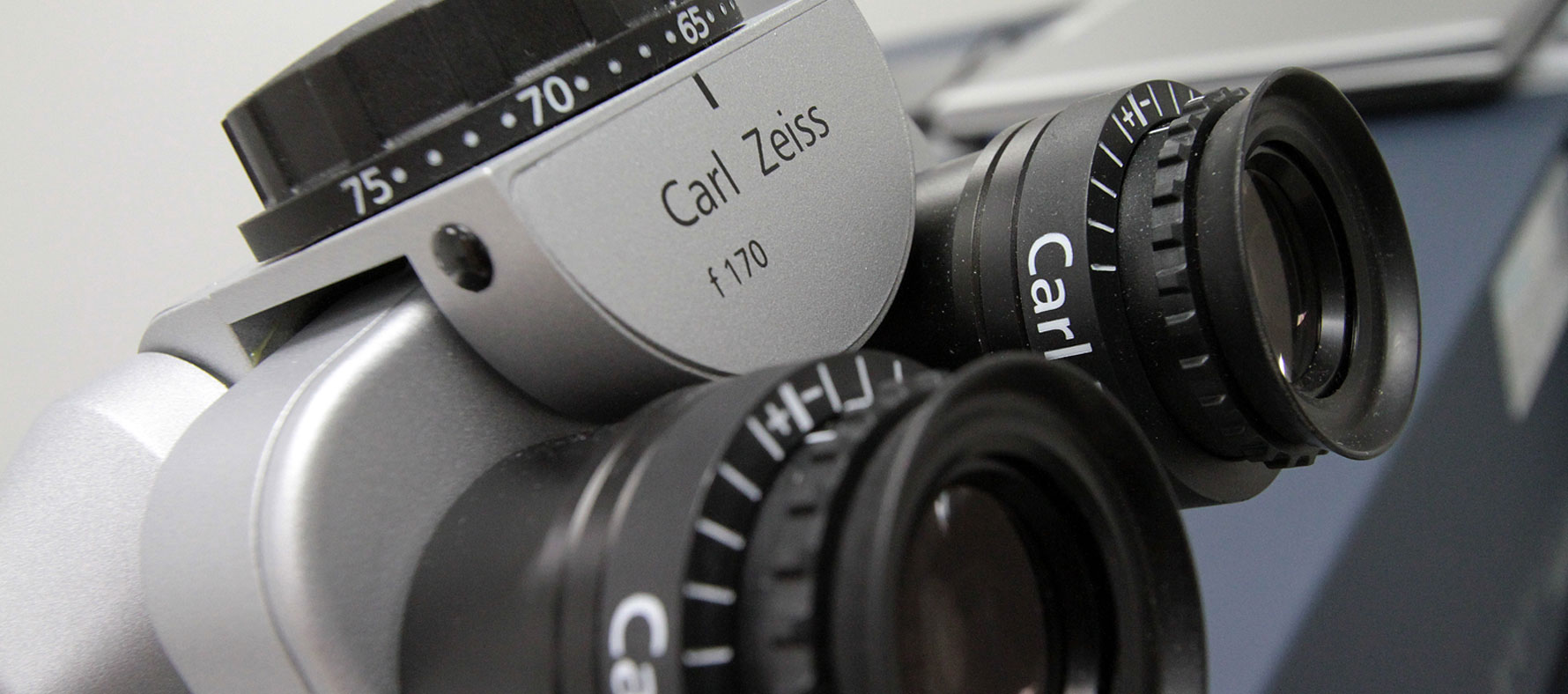There are a number of types of Intraocular Lens Implants (IOL) we use to correct your vision after cataract surgery. During your preoperative measurement visit we will discuss choosing a cataract lens implant to correct your vision and help you see clearly. Our eye surgeons can use cataract lens implants to correct vision at distance, arm’s length and up close, as well as astigmatism, so that you are not dependent on glasses after cataract surgery allowing you to have the best results to match your lifestyle.
The different types of lens implants include monofocal lens implants which are the most basic type of lens implant and only correct distance vision and not arms length or close reading vision, aspheric lens implants which offer a higher quality of distance vision but still do not correct arms length or close reading vision, toric lens implants for those patients with astigmatism and near vision presbyopia correcting multifocal lens implants such as the AcrySof® ReSTOR® Intraocular Lens Implant (IOL) which can correct distance vision, as well as arms length vision and close reading vision for most patients, thus providing a fuller range of vision.
Patients choosing to have a near vision presbyopia correcting or multifocal lens implant will likely find that they can drive, watch television, play golf and keep score, read a menu, play cards or do crafts-without the need for glasses. Patients choosing these lens implants typically experience a greater overall freedom from glasses allowing them to participate in most everyday activities without dependence on, or the hassle of glasses.
If you decide to have a presbyopia correcting or multifocal lens implant, our staff will make sure to review your questions and fully explain any additional fees related to the lens implant that you might be responsible for. Medicare and most insurance covers the surgical facility fee for cataract surgery and the surgical fee for cataract surgery-but not the cost of the presbyopia correcting lens and its implantation. In most cases, Medicare or the insurance provider asks us to bill you for the additional cost of the necessary testing, the lens itself and its implantation. Our staff will be pleased to review any costs as well arrange easy affordable monthly payments to fit your budget, should you decide that this lens is your best choice.




